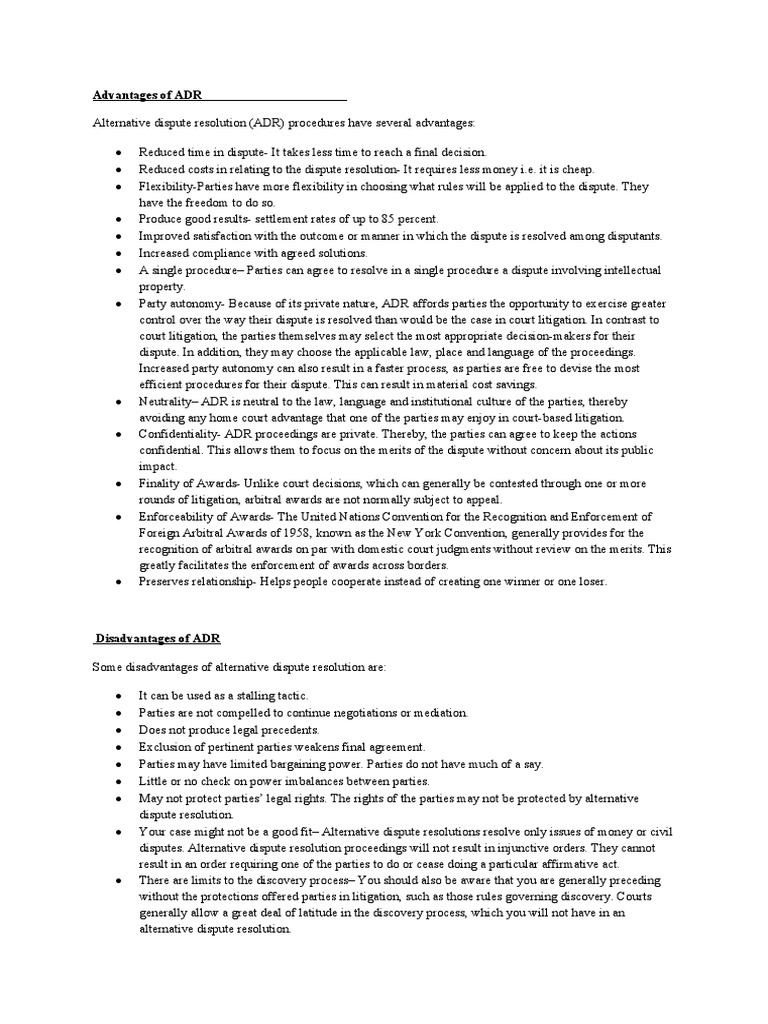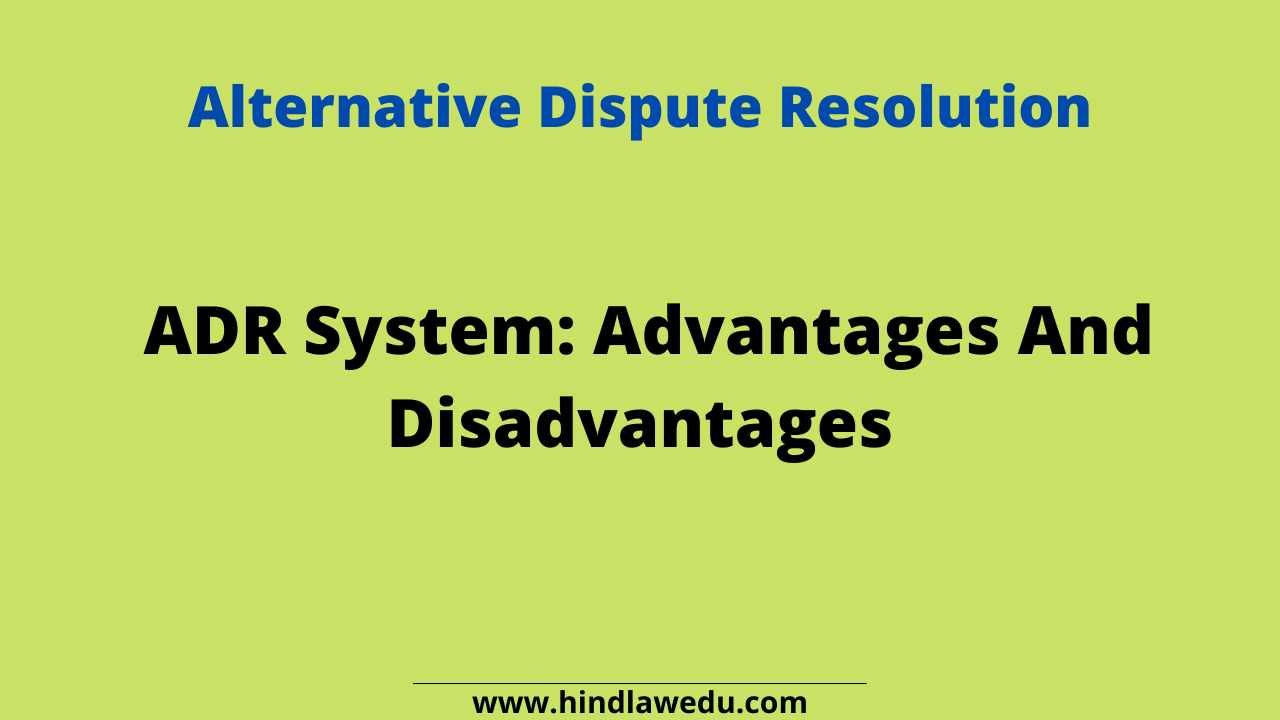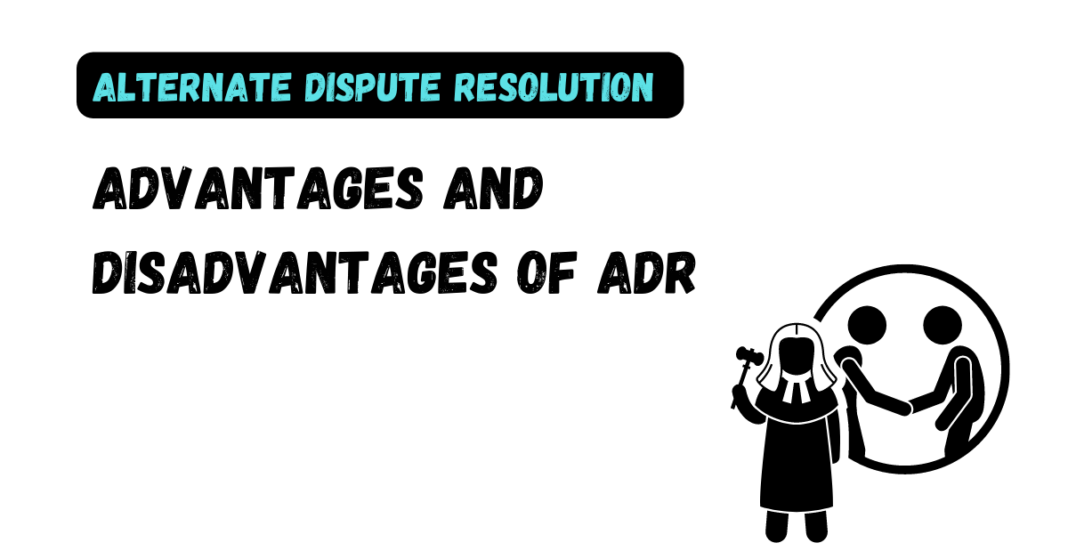ADR, or American Depositary Receipts, might sound fancy, but they come with a bunch of downsides you need to know about. Imagine this: you're thinking about investing in foreign stocks, and ADR seems like the perfect solution. But hold your horses! There's more to the story than meets the eye. In this article, we'll break down the disadvantages of ADR so you can make a smarter decision before diving in.
Investing in ADRs can seem like a no-brainer because it gives you access to global markets without leaving the comfort of your home country. However, there's a catch – and it's not just one, but several. These financial instruments have hidden fees, risks, and limitations that might not be obvious at first glance. So, let's dig deeper into what you're really getting yourself into.
We'll explore everything from the costs associated with ADRs to the potential pitfalls of currency fluctuations and regulatory differences. By the end of this article, you'll have a clear understanding of whether ADRs are the right choice for your investment strategy or if you should consider other options. Let's get started!
Read also:Unlocking The Secrets Of Jelly Bean Brains A Fascinating Dive Into The Science Of Sweetness
What Exactly Are ADRs?
Before we dive into the disadvantages, let's make sure we're on the same page about what ADRs actually are. An ADR is basically a certificate issued by a U.S. bank that represents a certain number of shares of a foreign company's stock. It allows investors to buy shares in foreign companies without dealing with the hassle of international trading regulations.
For example, if you want to invest in a company based in Japan, you don't have to go through the Japanese stock exchange. Instead, you can buy an ADR that represents those shares through a U.S. exchange. Sounds convenient, right? But as we'll see, there's more to the story than just convenience.
Disadvantages of ADR: The Cost Factor
One of the biggest drawbacks of ADRs is the cost. You might think you're saving money by avoiding international trading fees, but ADRs come with their own set of expenses. First off, there are depositary fees charged by the bank that issues the ADR. These fees can add up over time and eat into your profits.
Additionally, there are currency conversion fees when the ADR is traded in U.S. dollars but represents shares in a foreign currency. These fees can vary depending on the exchange rate and the specific ADR you're dealing with. So, while ADRs might seem like a cost-effective solution, the hidden fees can quickly add up.
Hidden Fees to Watch Out For
- Depositary fees charged by the issuing bank
- Currency conversion fees when trading in foreign currencies
- Brokerage fees for buying and selling ADRs
- Dividend withholding taxes imposed by the foreign government
These fees can significantly impact your returns, especially if you're investing in ADRs for the long term. It's essential to factor in these costs when evaluating whether ADRs are the right investment for you.
Regulatory Differences and Legal Risks
Another downside of ADRs is the regulatory differences between countries. While ADRs are traded on U.S. exchanges, they are still subject to the laws and regulations of the country where the underlying company is based. This can create legal risks that U.S. investors might not be familiar with.
Read also:Top Male Nollywood Actors You Need To Know In 2023
For instance, if the foreign company runs into legal trouble, it could affect the value of the ADR. Additionally, the level of investor protection might not be the same as in the U.S. So, even though you're trading on a U.S. exchange, you're still exposed to the legal and regulatory risks of the foreign market.
Investor Protection: A Key Concern
Investor protection varies widely from country to country. In some countries, investors might not have the same rights and protections as they do in the U.S. This can make it difficult to recover losses if something goes wrong. It's important to research the legal framework of the country where the underlying company is based before investing in ADRs.
Currency Fluctuations: A Double-Edged Sword
Currency fluctuations are another major disadvantage of ADRs. Since ADRs represent shares in foreign companies, their value is affected by changes in exchange rates. If the foreign currency strengthens against the U.S. dollar, the value of the ADR will increase. However, if the foreign currency weakens, the value of the ADR will decrease.
This can create volatility in your investment portfolio, especially if you're not familiar with currency markets. It's important to keep an eye on exchange rates and consider hedging strategies to mitigate the risk of currency fluctuations.
Hedging Strategies to Consider
- Use currency futures to lock in exchange rates
- Invest in currency ETFs to diversify your exposure
- Consider diversifying your portfolio with other asset classes
By implementing these strategies, you can reduce the impact of currency fluctuations on your ADR investments. However, it's important to remember that hedging comes with its own set of costs and risks.
Limited Voting Rights
Another downside of ADRs is the limited voting rights they offer. While you own shares in a foreign company through an ADR, your voting rights are often restricted or non-existent. This means you have little say in the company's management or strategic decisions.
In some cases, you might not even be aware of shareholder meetings or have the opportunity to participate in them. This lack of control can be frustrating for investors who want to have a say in how the company is run.
Why Voting Rights Matter
Voting rights are important because they give investors a voice in the company's decision-making process. Without these rights, you're essentially at the mercy of the company's management team. It's crucial to consider this limitation when deciding whether to invest in ADRs.
Liquidity Issues
Liquidity is another potential issue with ADRs. While some ADRs are highly liquid and traded frequently, others might have low trading volumes. This can make it difficult to buy or sell ADRs quickly without affecting their price.
If you're looking to invest in a less popular ADR, you might find yourself stuck with shares you can't easily sell. This lack of liquidity can be a significant drawback, especially if you need to liquidate your investment quickly.
How to Assess Liquidity
To assess the liquidity of an ADR, look at its average daily trading volume. A higher trading volume generally indicates better liquidity. You can also check the bid-ask spread – a wider spread might indicate lower liquidity.
Tax Implications
Taxation is another area where ADRs can pose challenges. While you might be familiar with U.S. tax laws, ADRs are subject to the tax laws of the country where the underlying company is based. This can lead to double taxation or other complications.
For example, the foreign government might impose withholding taxes on dividends paid to ADR holders. These taxes can reduce your overall returns and complicate your tax filing process.
Tax Planning Tips
- Consult a tax professional to understand the tax implications of ADRs
- Consider holding ADRs in tax-advantaged accounts
- Keep detailed records of your ADR transactions for tax purposes
By planning ahead and staying informed about tax laws, you can minimize the impact of taxes on your ADR investments.
Market Volatility and Risk
Market volatility is another disadvantage of ADRs. Since ADRs represent shares in foreign companies, they are subject to the economic and political conditions of the country where the company is based. This can create additional risks that U.S. investors might not be accustomed to.
For example, if the foreign country experiences political instability or economic turmoil, it could negatively impact the value of the ADR. It's important to stay informed about global events and their potential impact on your investments.
Managing Market Risk
To manage market risk, consider diversifying your portfolio across different asset classes and geographic regions. This can help reduce the impact of any single event on your overall investment portfolio.
Conclusion
In conclusion, while ADRs offer access to global markets, they come with a range of disadvantages that investors need to be aware of. From hidden fees and regulatory differences to currency fluctuations and limited voting rights, there are several factors to consider before investing in ADRs.
Before making a decision, take the time to research the specific ADR you're interested in and evaluate whether it aligns with your investment goals. And don't forget to consult with a financial advisor or tax professional to ensure you're making the best possible decision for your financial future.
So, what do you think? Are ADRs worth the risk, or should you look elsewhere for your international investments? Let us know in the comments below, and don't forget to share this article with your fellow investors!
Table of Contents
- What Exactly Are ADRs?
- Disadvantages of ADR: The Cost Factor
- Regulatory Differences and Legal Risks
- Currency Fluctuations: A Double-Edged Sword
- Limited Voting Rights
- Liquidity Issues
- Tax Implications
- Market Volatility and Risk


